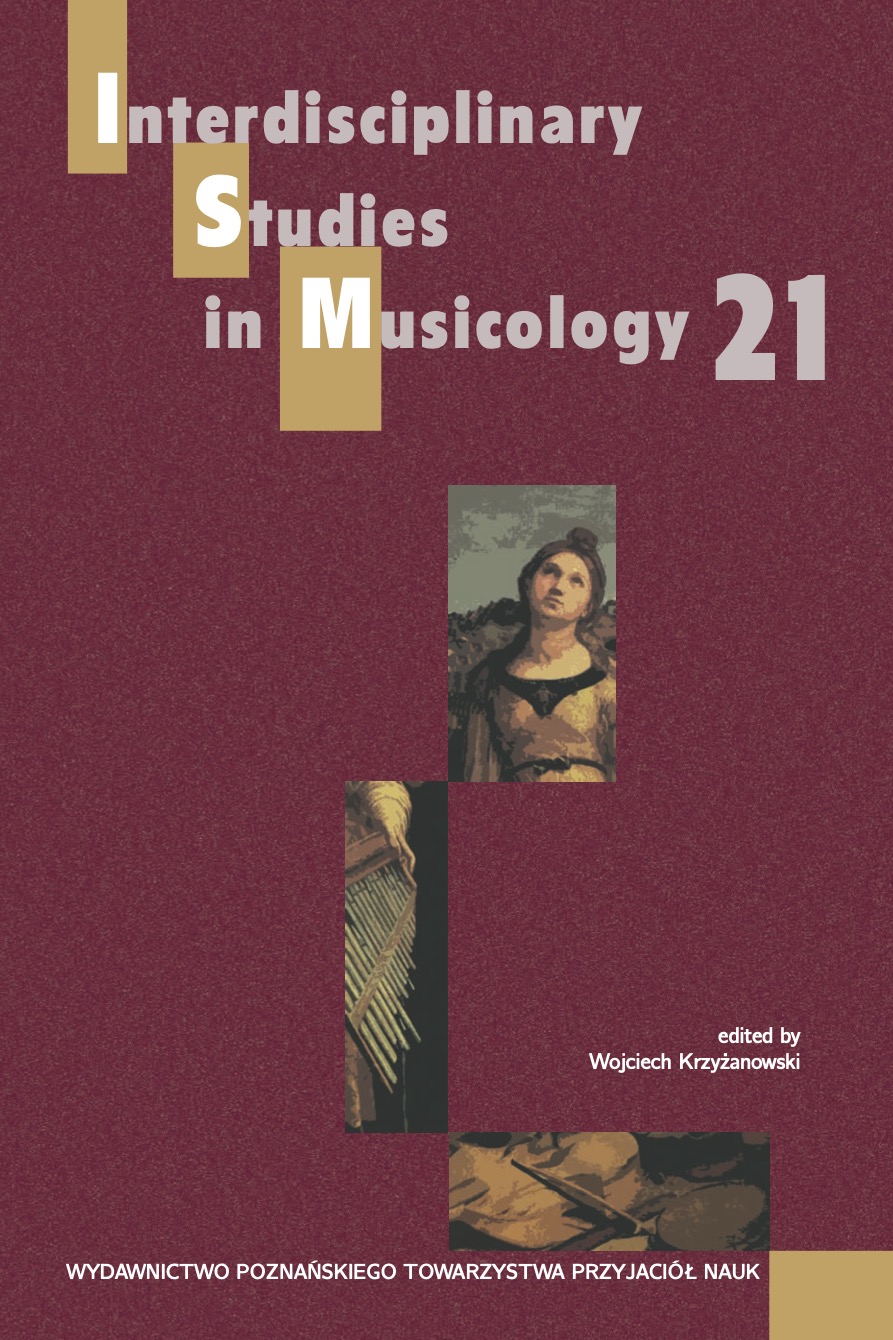Identity Representations: How Did the 1979 Iranian Revolution Affect Kurdish Folk Music?
Identity Representations: How Did the 1979 Iranian Revolution Affect Kurdish Folk Music?
Author(s): LORANE PREVOSTSubject(s): Music
Published by: Uniwersytet im. Adama Mickiewicza w Poznaniu
Keywords: Kurdish music; Iranian Revolution; cultural identity; Kurdistan; Iran; folk music;
Summary/Abstract: The following paper constitutes apart of my master thesis on the consequences of the 1979 Iranian Revolution on Kurdish folk music. The strong identity claimed by the Islamic Republic of Iran and particularly by Ruhollah Khomeini led to an obscuration of the Iranian cultural plural-ity, dominated by the Persian culture. Iranian music is often understood as Persian music while regional genres were confined to small areas. The domination of folk and regional identities by in-stitutional, more-erudite identities is not limited to Iran but can be observed worldwide; however, the restricted access to music and research in the years following the Iranian Revolution enhanced this tendency in the country. In other words, vernacular genres including Kurdish folk music were denied aglobal presence and are still overshadowed by the dominance of classical music. Academic works made shortly after the revolution by important figures such as Jean During highlights aconfu-sion between what was intended as folk music by the Kurdish population and what was perceived as such by foreign researchers. For this reason, the distinction between vernacular and classical music is still enforced nowadays, leading to an increasing gap between Persian culture and that of Iranian minorities. Furthermore, with Kurdish folk music being aregional genre and as political conflicts arouse between Iranian Kurds the Islamic Republic of Iran after 1979, Kurdish music is often per-ceived through apolitical lens only, denying the variety of reasons agenre may become popular and reducing music to amean towards an objective. Through the perception of Kurdish folk music, this paper interrogates how political conflicts and cultural hegemony in music affects the representation of vernacular identities and seeks to explore how this participates in the discrimination of minorities.
Journal: Interdisciplinary Studies in Musicology
- Issue Year: 2021
- Issue No: 21
- Page Range: 75-92
- Page Count: 18
- Language: English

